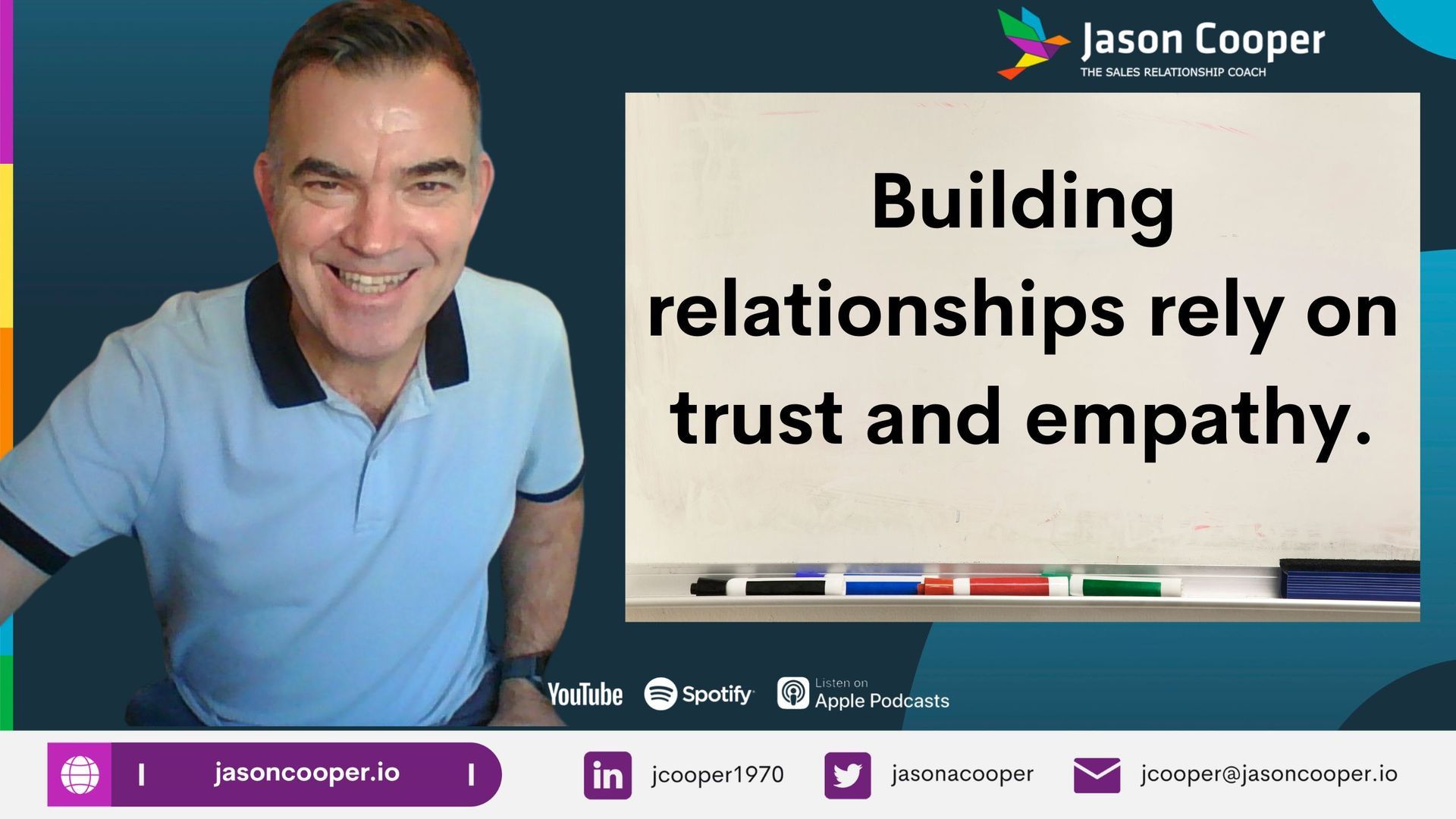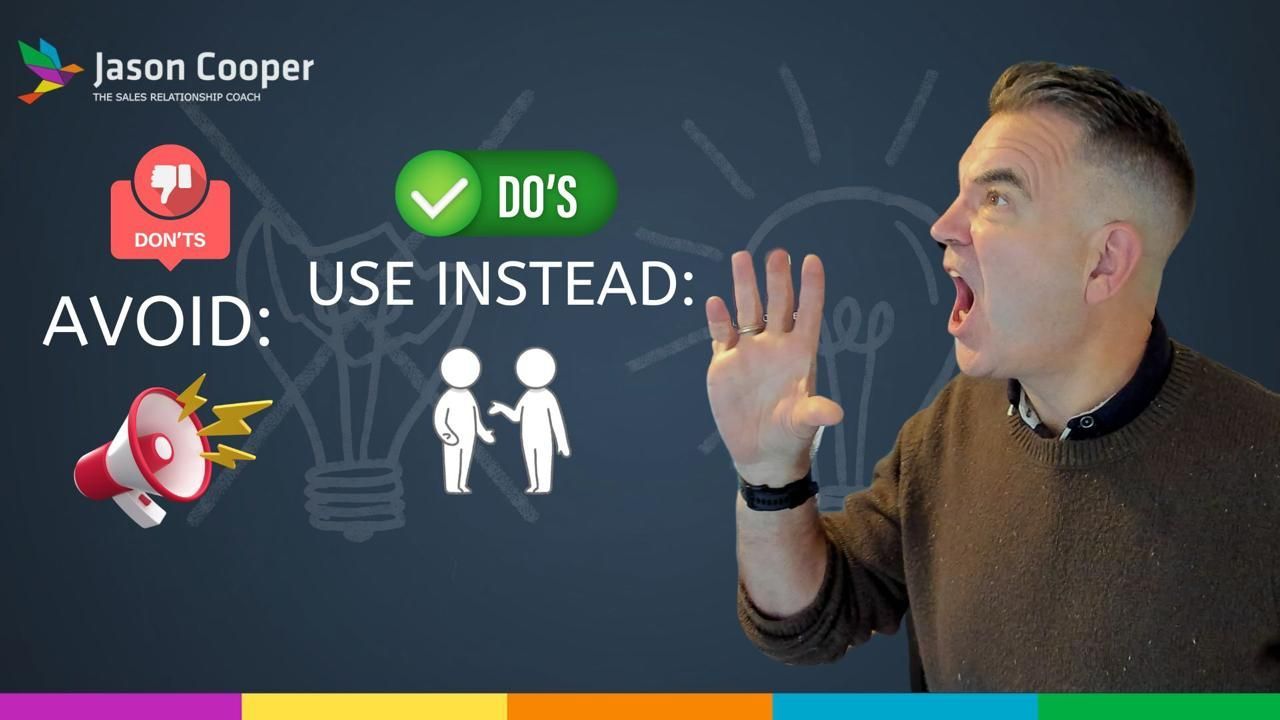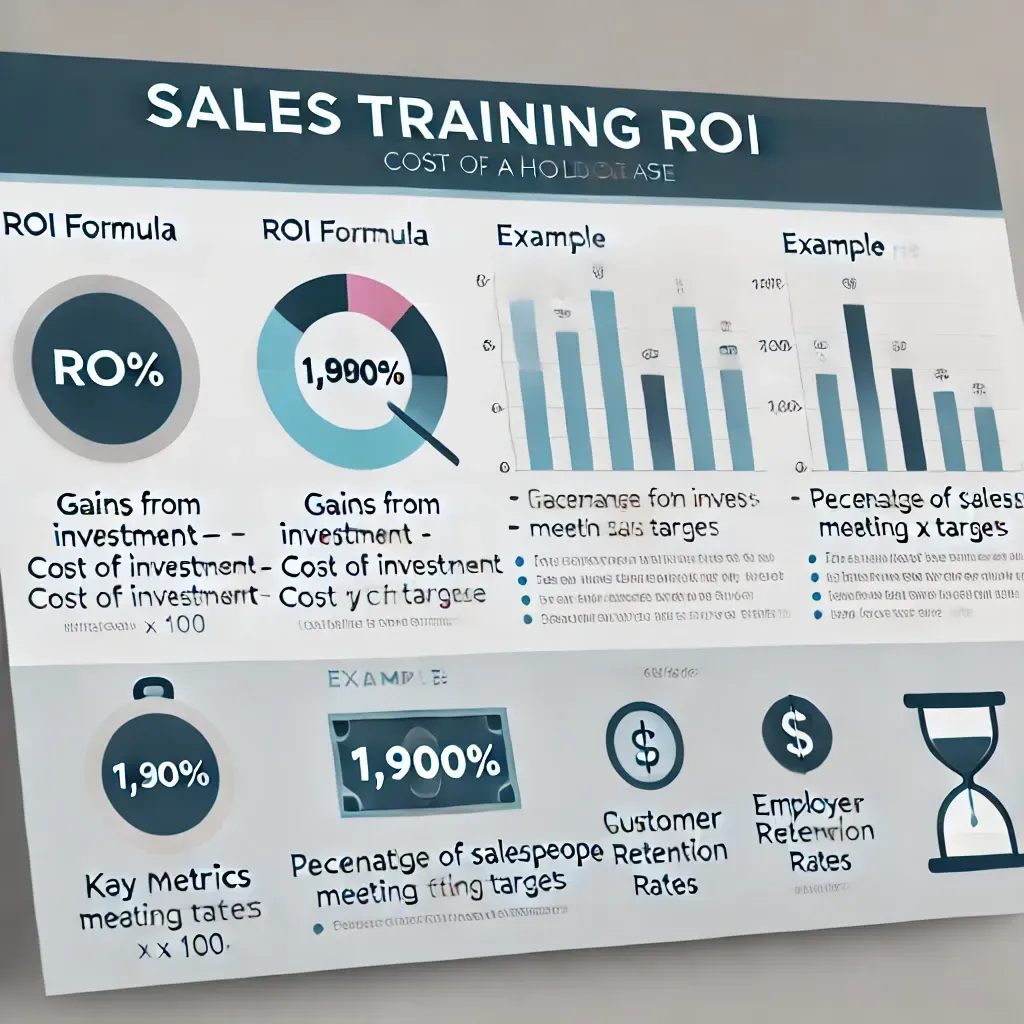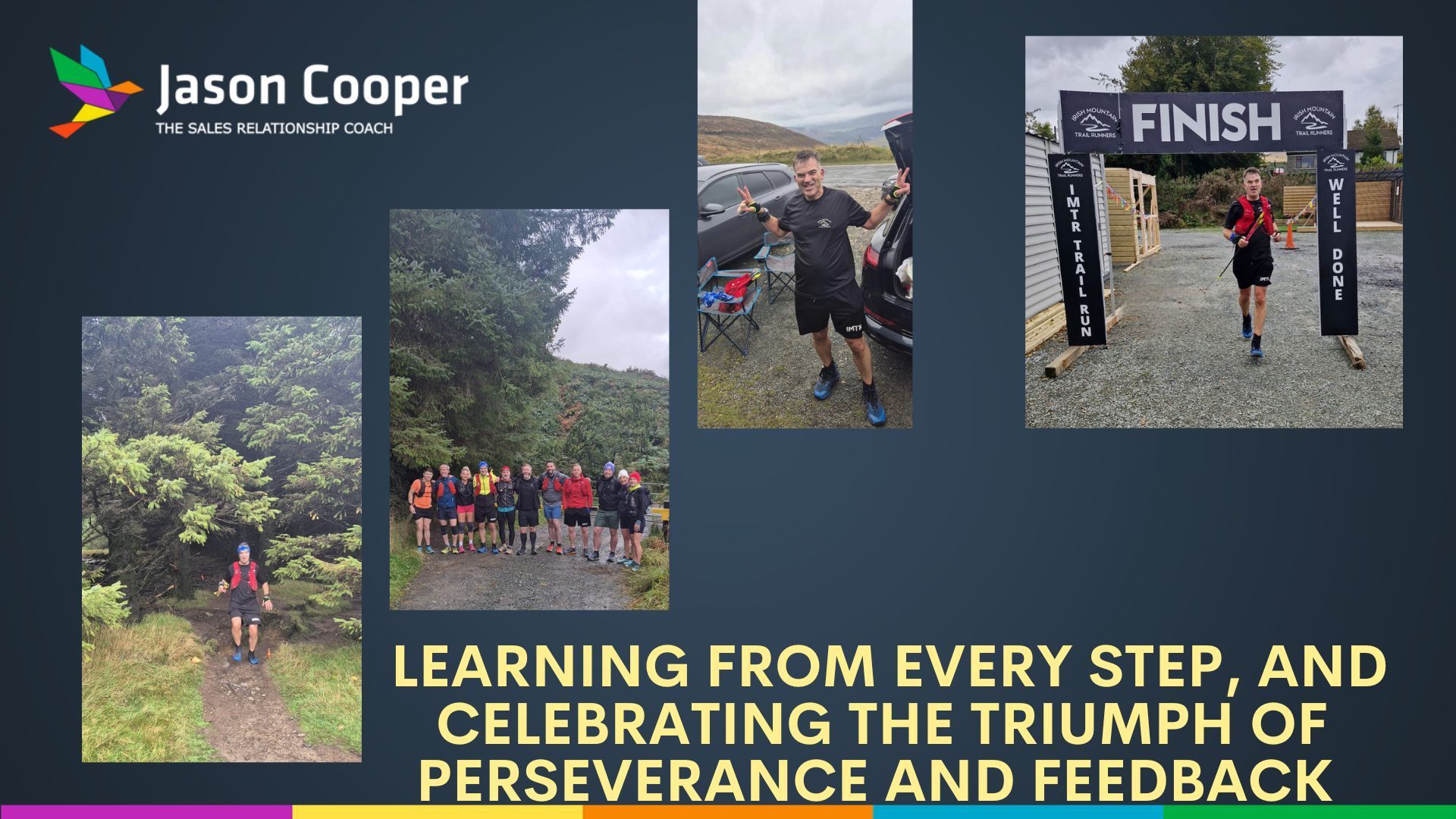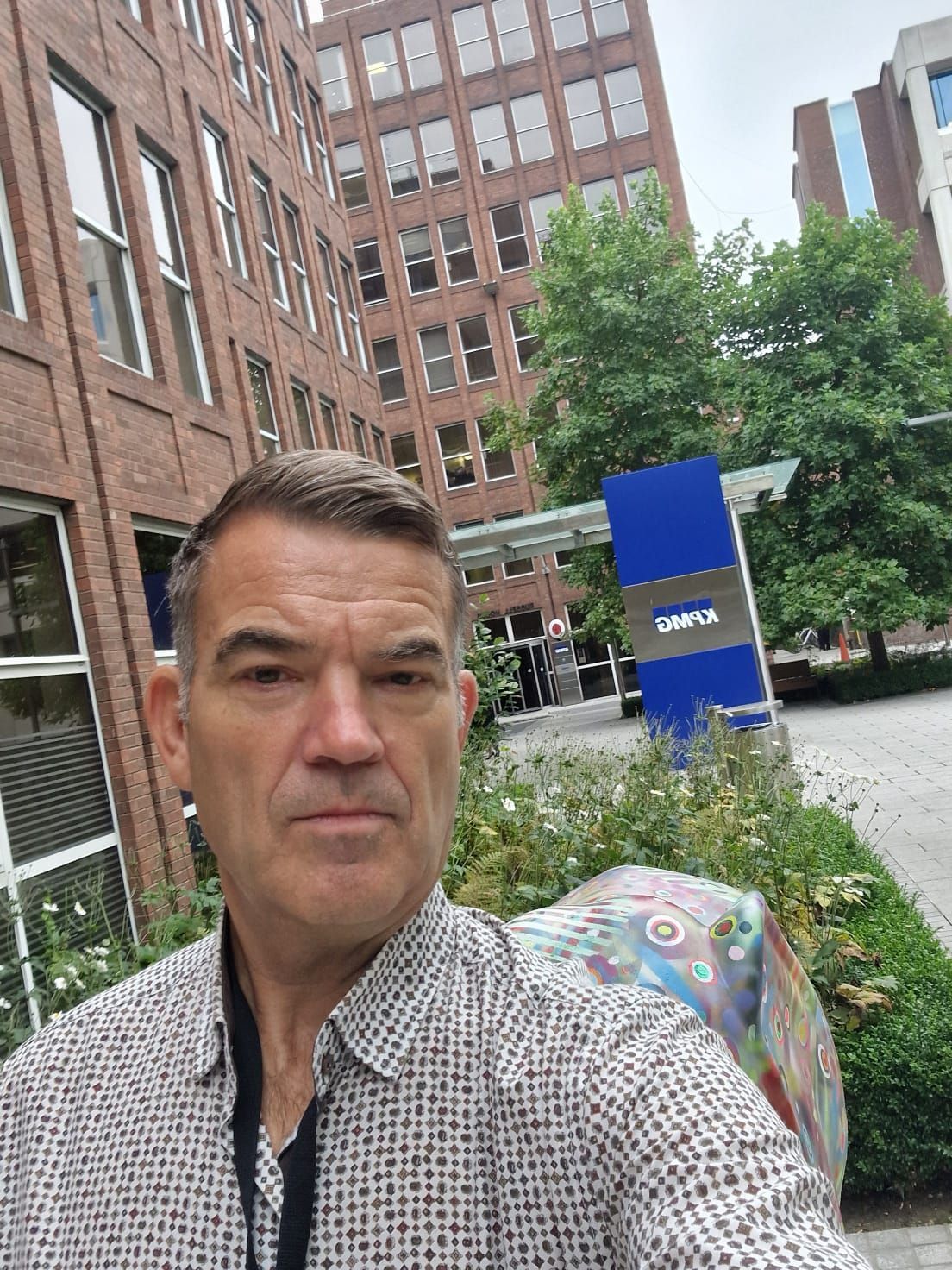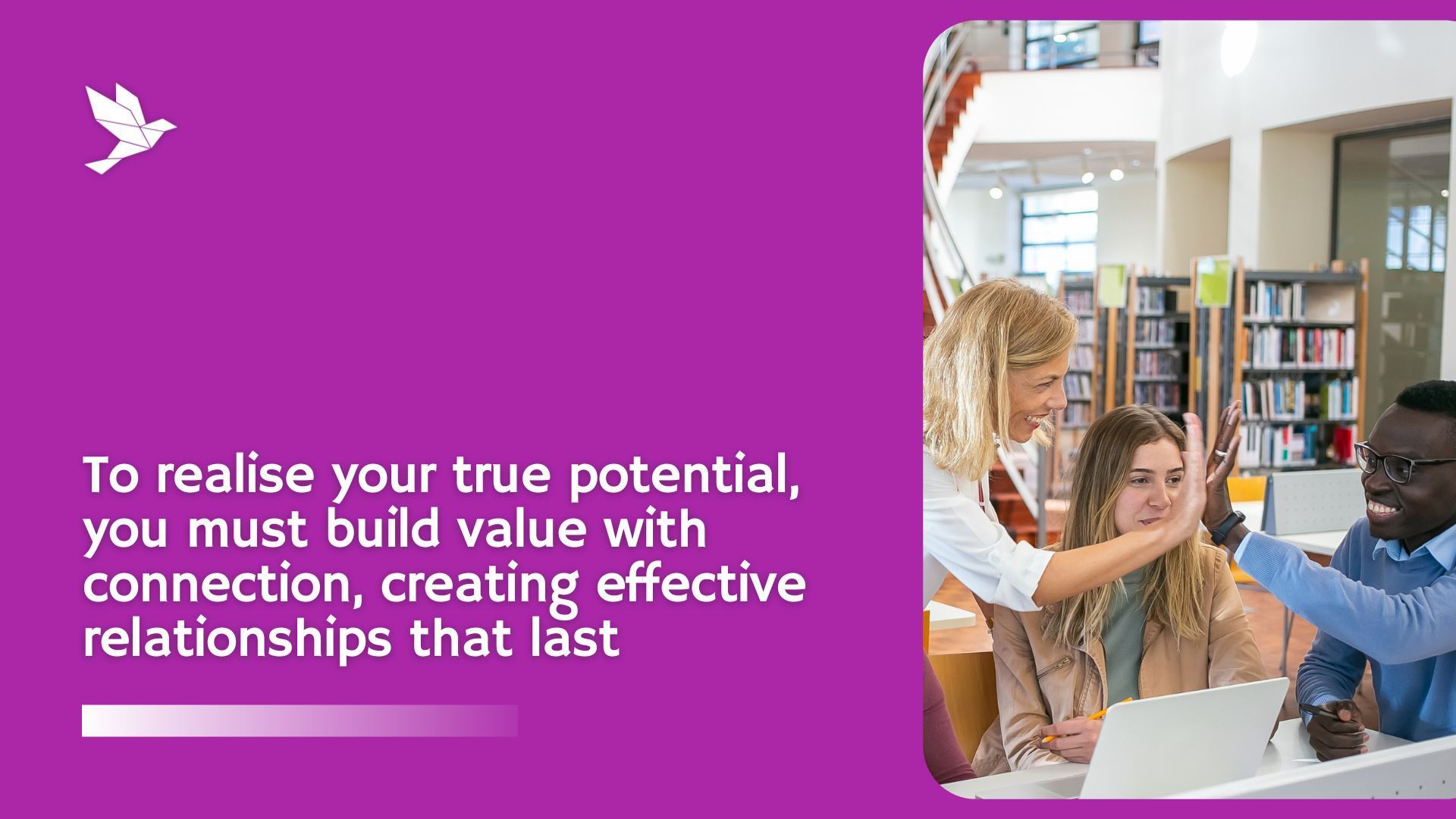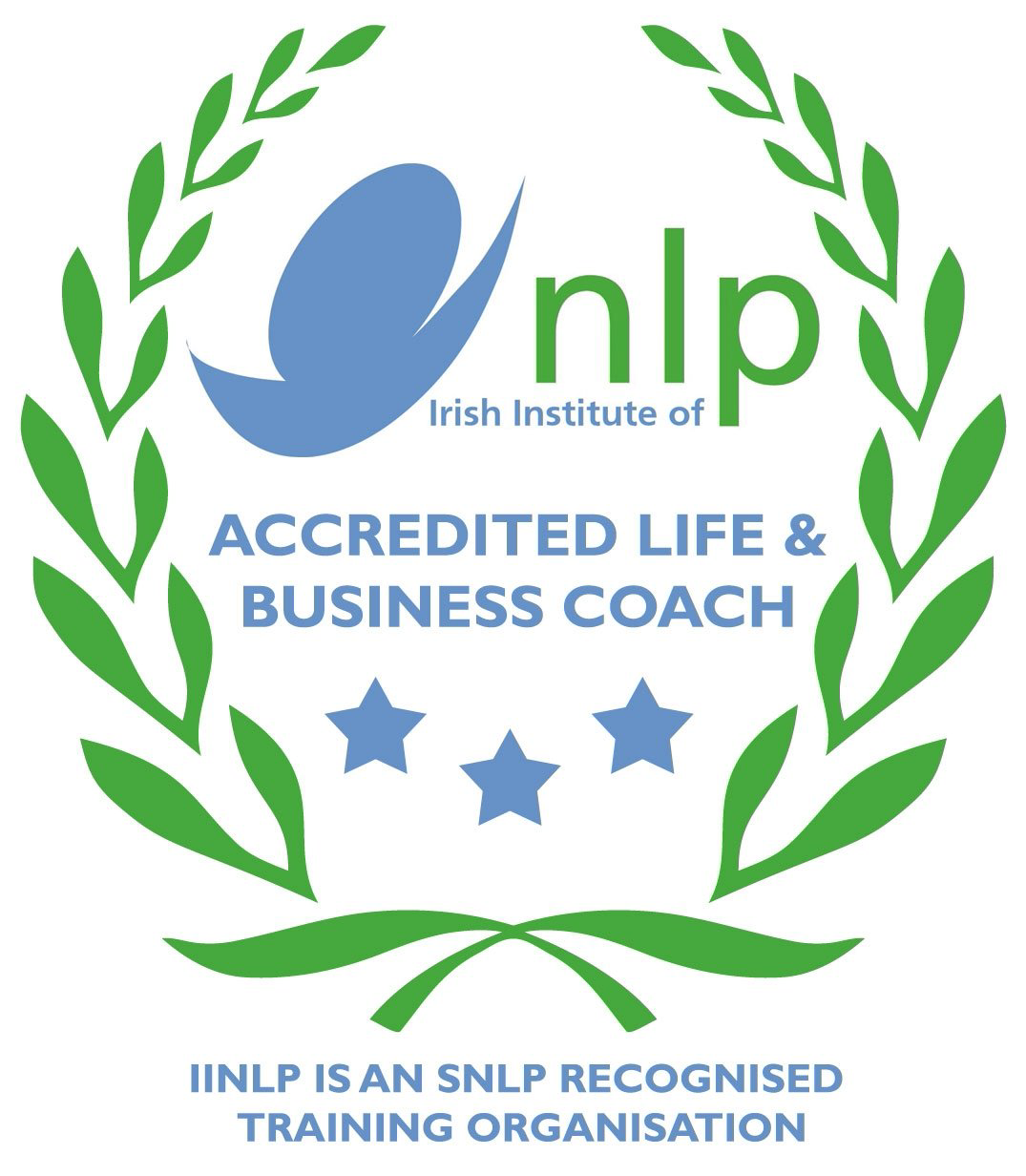The Psychology of Choice: Why We Make the Decisions We Do
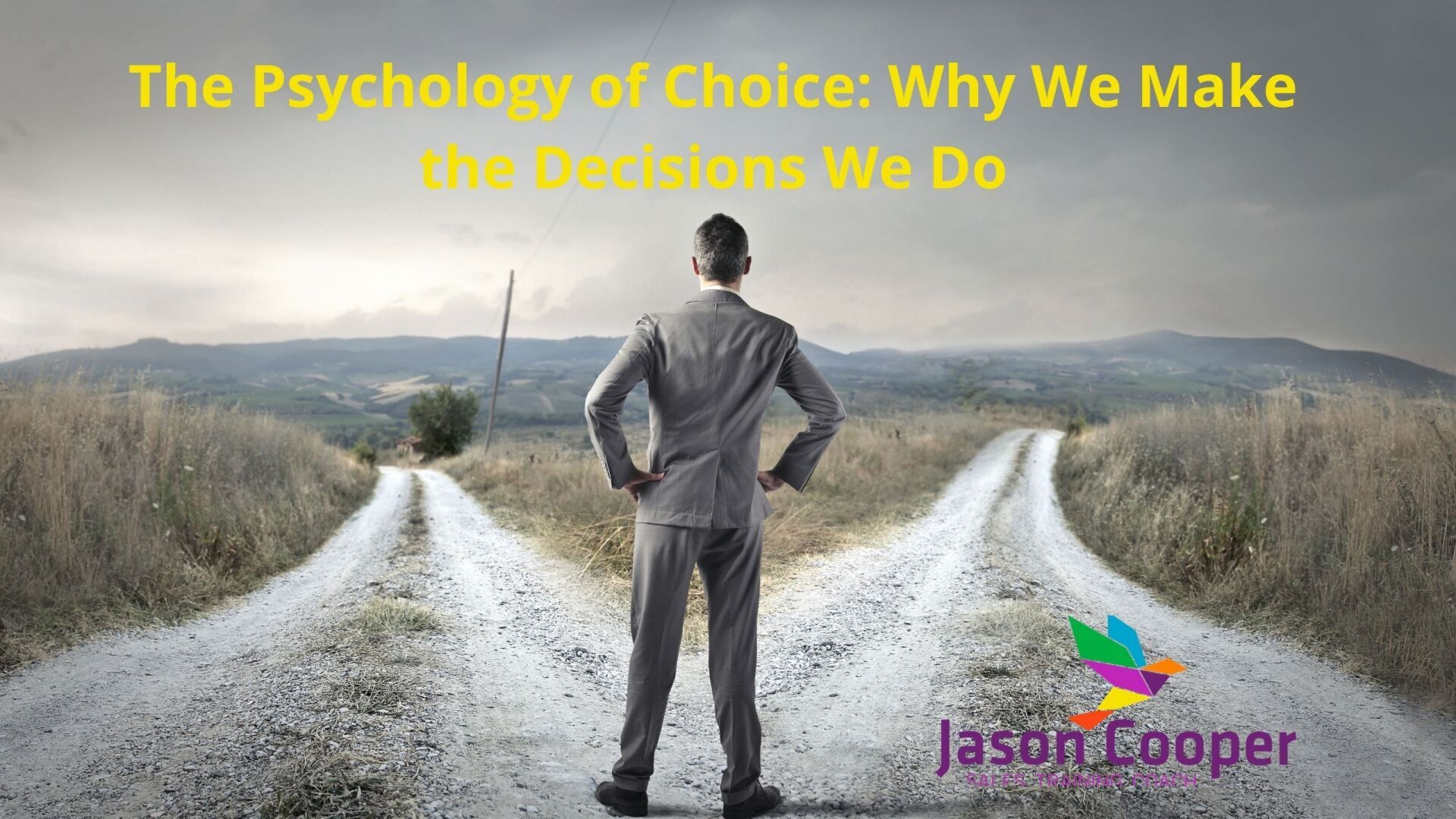
In psychology, the study of decision-making is known as "decision science." choice is our capability to make decisions when offered with two or more options. The psychology of choice discovers why we subconsciously make the conclusions we do, what motivates those conclusions, and what needs these decisions are meant to satisfy.
Many people don't realize their choices because they are often made based on personal biases and preferences rather than logical reasoning. Studies have shown that for most people, For example, a 2011 study by Zauberman and co-authors found that people were more possible to choose snacks like cake if they ARE labelled as being healthy (e.g., "99% fat-free") than if they had the normal labeling.
This is an example of how we choose to buy and purchase which is similar to how we marketing on websites help you choice to buy your products and services.
"priming"
is the effect of exposure to one stimulus on our response to another stimulus. For instance, when two groups of people read the word "yellow" followed by either "banana" or "sky," the group that read "banana" should process the word more swiftly than the group that read "sky," since of the semantic association between the fruit and its colour. This unconscious form of memory is a large part of how the human brain trains our memories. The term "choice" refers to our ability to make decisions when presented with two or more options.
1. Anchoring Bias.
We normally tend to "anchor" our decisions built on the first piece of information we receive.
2. Framing effect bias.
Is when a person experiences emotional responses as more significant when framed to expect good or bad outcomes.
3 Ingroup Bias.
Also known as the bandwagon effect, when a group of people is in charge of making decisions, one or more members will usually enact the perspective that other members have about what needs to be done. Therefore, these representatives are considered ingroup bias because they choose the "mainstream" idea rather than an individual's voice.
4. Loss Aversion Bias
Individuals don't like to lose or miss out on things. Loss aversion refers to the idea that people will work much more complicated and spend more money to avoid losing something than if they were trying to gain equal value.
5. Ambiguity Bias
This Ambiguity Bias on humanity's innate aversion to risk. Let's say you have two music choices. If someone is presented with two options, one of which has fewer details and the other more, they will select the latter.
I'm trying to pare down decisions. I don't want to decide what I'm eating or wearing because I have too many other choices to make. - Barack Obama, on why he only wears grey or blue suits
The need to cut down on the number of choices we have is a primary cause for eliminating certain design styles and types.
However, Salespeople are concrete, actionable ways to simplify the process for their prospects, which resulted in the product/service becoming more—more straightforward way to buy.
1.Cut
People are less likely to buy when faced with choice overload because the shopper can't assess every option without a substantial cognitive effort.
2.Make Things Concrete.
Take into account the consequences of each choice they could make to live their lives more freely
3.Categorize
Separating products into Choosing between these discrete categories can sometimes cause unnecessary pressure, causing fatigue and ruining a potential pleasure.
4.For Complexity design, a condition of the potential for conflict or a personal stake is essential.
5.Set a Deadline. Parkinson's Law hypothesizes that work expands to fill the time available.
In complex decision-making processes, the reasons we make decisions are not always rational. This lack of rationality makes it challenging to foresee the outcome and may lead to regret in future choices meant to be beneficial.
High Performance Blog
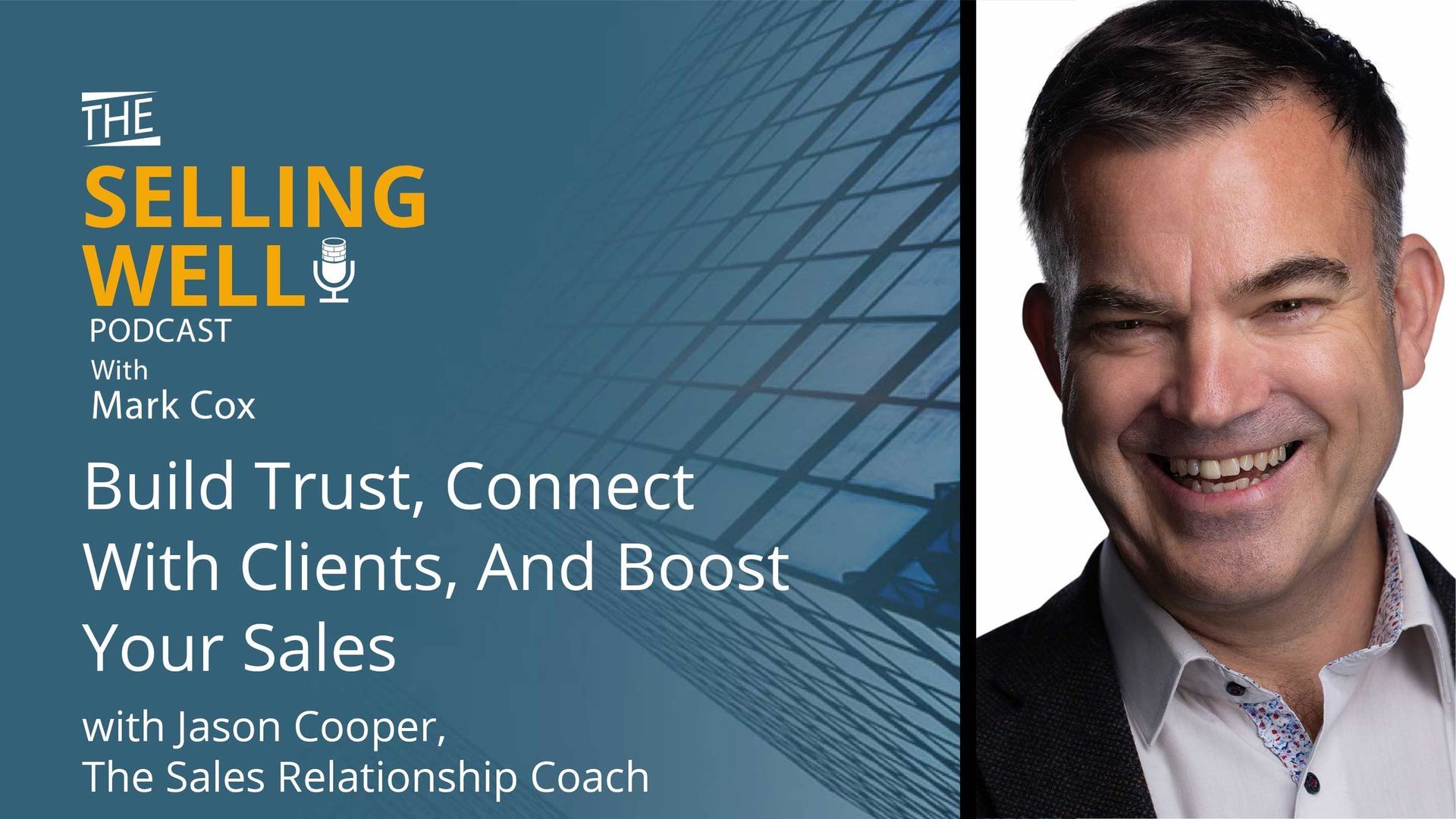
We talk about the use of humor to humanize the whole selling process. We talk about building trust and resilience. We talk about a little bit of neuroscience as it pertains to buyers and sellers. Jason does a little bit of research and work in that category. Those following us closely know I guested on Jason's podcast, The Global Sales Leader Podcast, which was super fun. We’re looking forward to continuing the conversation on the show.


